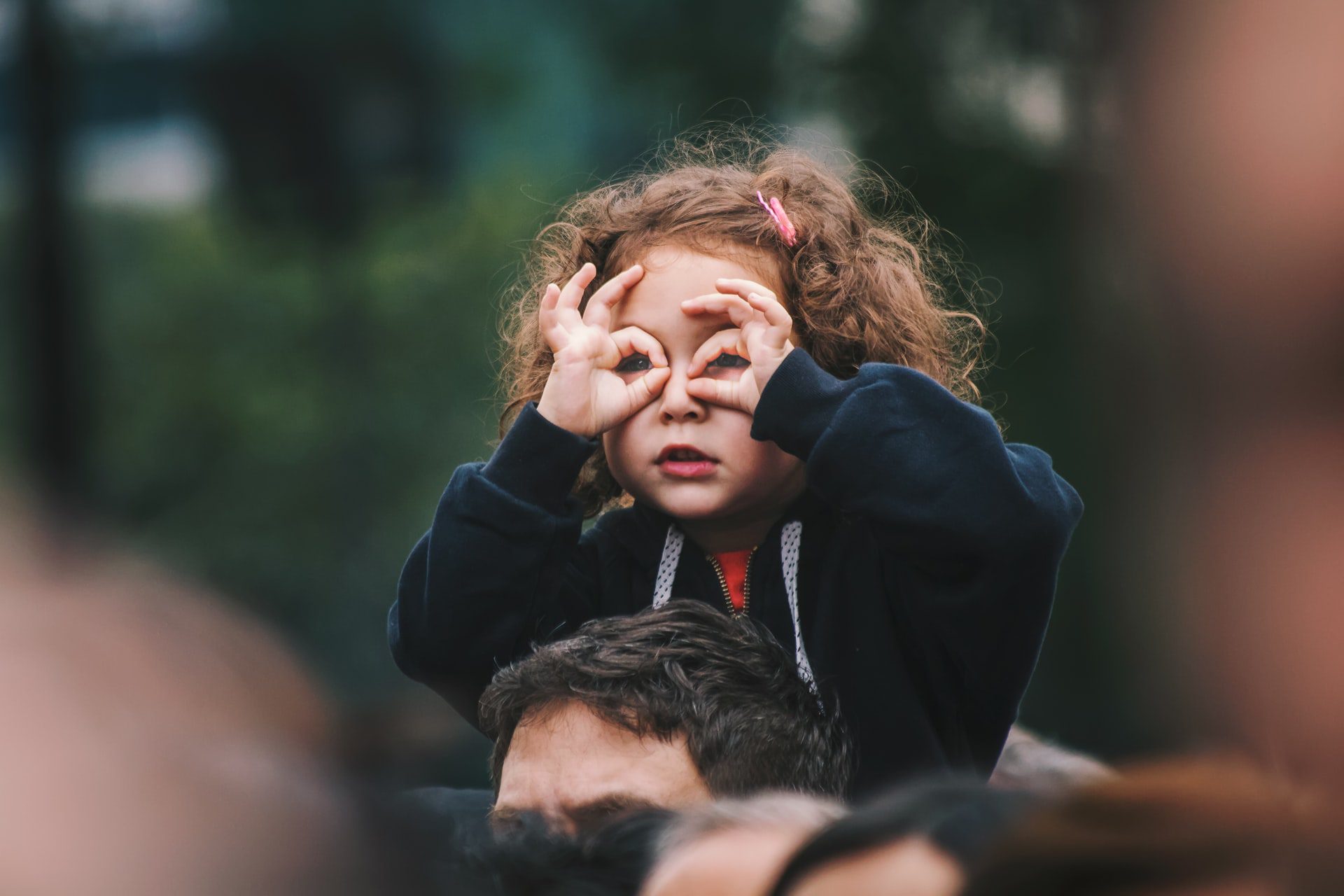There has been a lot of research and study about vision problems in children. It is always a blind spot to understand when to take a child for an eye examination.
Some people prefer mandatory annual visits, while some just wait for the problem to happen before going to an eye doctor. Our eyes are vital for our growth and career. If your child has vision issues, it can impact their growth, their mind, and their brain development from an early age.
So, don’t wait up for your child to come crying to you. Since, by the time they do, it might be too late. Keep an eye for the following symptoms to know if your child is having vision trouble. If both parents or one of the parents has a history of vision troubles, they need to ensure their child gets the attention he/she deserves.
Table of Contents
1. Complaints of reading trouble
If your child starts to complain about reading difficulty, there are chances of nearsightedness issues. If their school teacher mentions the reduction in their reading speed, it could mean vision issues. Further, if your child has suddenly started using his/her finger to keep track of words or somehow skipping words without even realizing it, the cause can be an increase in their eye power.
Additionally, you’ll see them squinting while trying to read a book or improper class notes due to low vision. Blurry vision problems often lead to children compensating by sitting closer to the TV, holding the book closer, or always fighting to sit on the first bench in school. Keep an eye out for such habits to know if your child is having vision trouble.
2. Difficulty in concentrating
If your child was a pro cyclist a few months back and now prefers to walk instead of the cycle, there can be something wrong there. Some children start facing eye pain whenever they put pressure on their eyes due to vision trouble.

Drooping eyelids and sleepiness become more common. All these lead to clumsiness in the child. Hence, they walk slower, start avoiding sports, and sometimes even become a couch-potato. It’s their mentality to play safe by staying at home because they can’t seem to figure out what’s wrong. It is usually a simple case of myopia in children that leads to such fear.
3. Headaches
If your child suddenly starts to get frequent headaches, especially in the evenings, it can mean vision issues. Headaches occur when the eyes are overworked and need some support. It can also imply conditions when there is swelling behind their eyes, and it needs to be removed.
Sometimes when your child can have one eye working fine but the other eye having a case of astigmatism, headaches get painful and regular. The key point here is these headaches are never similar to migraines. They’ll only pop up when your child has had a long day at school or went to reading camp.
4. Complaints of Light
Squinting eyes and itchiness in eyes can cause your child to dodge the light. This could mean their lack of will to go out and play in the morning. It could also mean that the table lamp at home makes them nauseous.
Having too much light hit their eyes can make their eyes watery as well. All these are symptoms of vision problems in children. All you need to do is quickly take them for an eye examination and get them the spectacles that they need.
However, ensure you also check for any other symptoms. Sensitivity to light can happen due to a plethora of other reasons as well.
5. Low attention span
Due to headaches, blurriness, and eye strain, children lose out on their attention span when they have vision problems. This means they take more time to finish a story or more time to write an answer.
Kids start sleeping for longer hours to compensate for the workload on their eyes. Short attention spans accompanied by head tilts signify muscle imbalance in their eyes. Your child would never say it out loud, but their eyes are costing them a lot of precious time.
Over to you…
So, now that you know all the warning signs… make sure you keep an eye on all of them. And if you notice even one, visit your nearest eye doctor for a checkup!
Featured Photo by Edi Libedinsky on Unsplash




